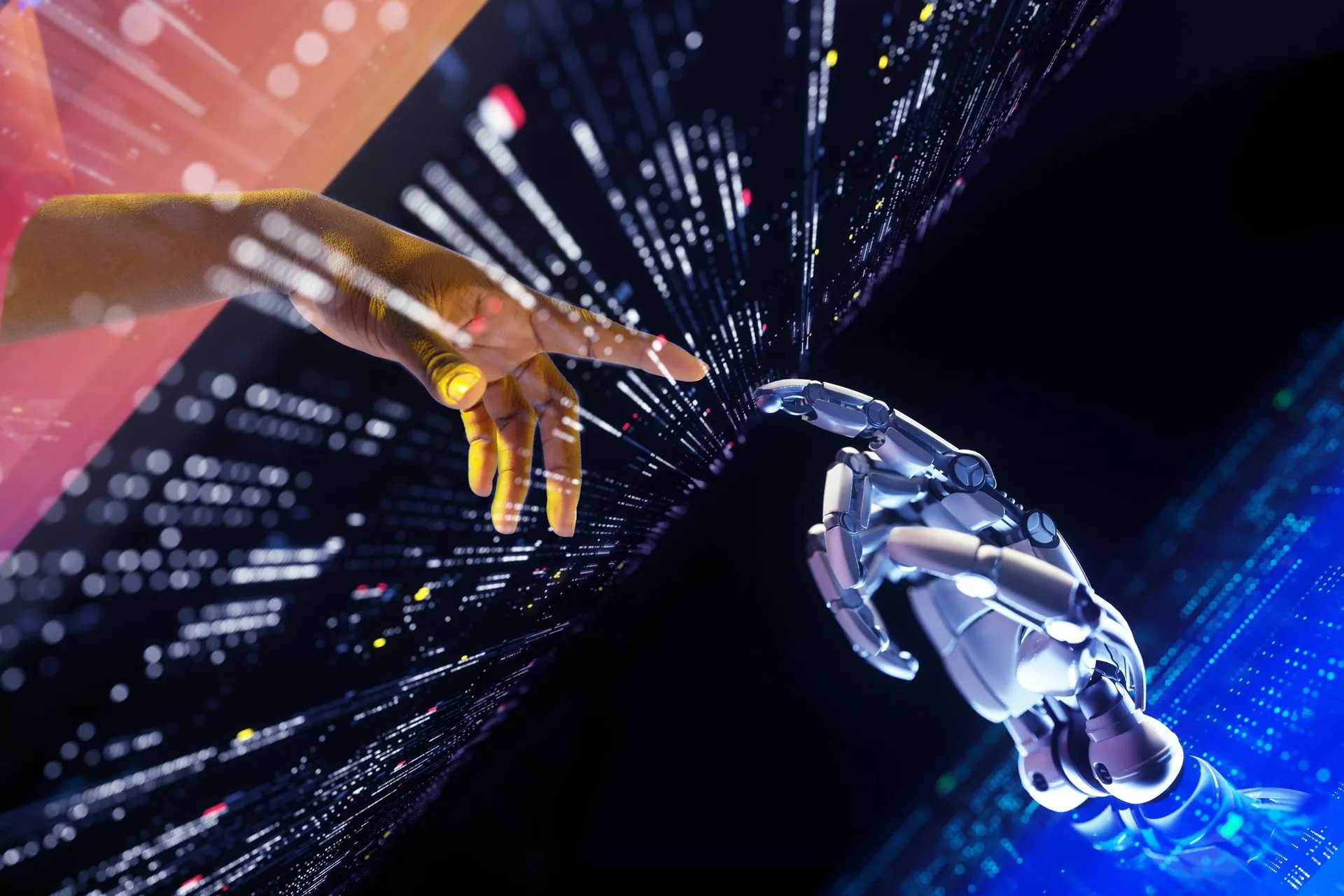As artificial intelligence (AI) advances at an unprecedented pace, the need to safeguard its development against exploitation and misuse has become more critical than ever. Alex Zaidelson, a prominent voice in blockchain and AI innovation, believes the key lies in Confidential Computing—a transformative approach that ensures data privacy, security, and trust throughout the AI lifecycle.
"AI holds immense potential, but without robust safeguards, it could easily become a tool for exploitation or control," Zaidelson warns. "Confidential Computing ensures that we can harness AI’s capabilities responsibly, without sacrificing privacy or autonomy."
Centralized AI systems, Zaidelson explains, come with significant risks. These systems can monitor user activity, influence decisions, and even perpetuate censorship under regulatory and political pressures. “When users rely on AI for decision-making, the central authority managing these systems gains disproportionate influence over global affairs,” he says.
At the same time, while decentralized AI offers an alternative, it introduces its own challenges. Without mechanisms to safeguard sensitive data, these systems can inadvertently expose private information to unauthorized parties.
How Confidential Computing Solves the Problem
Confidential Computing leverages advanced technologies such as Zero-Knowledge Proofs, Multi-Party Computation, Fully Homomorphic Encryption, and Trusted Execution Environments (TEEs) to secure data during computation. Among these, Zaidelson highlights TEEs as particularly effective for the computational demands of AI, indeed the only one that can handle the load of AI.
“TEEs are foundational to what we’re building at Secret Network,” he says. “They enable high-performance AI computations while ensuring complete data privacy. This is a game-changer for how AI systems are developed and trusted.”
With advancements like TEE-enabled GPUs, AI models can now handle sensitive data securely, offering benefits that go beyond privacy.
Unlocking the Power of Private Data
AI models today are largely trained on public datasets, which often lead to model saturation and biased outputs. However, vast amounts of valuable private data remain untapped due to privacy concerns. Confidential Computing provides a solution, allowing this data to be used for training or fine-tuning AI models without compromising privacy.
“Confidential Computing enables us to unlock private datasets securely. Organizations and individuals can contribute their data without fear of exposure, and in return, they can be rewarded through blockchain-based decentralized models. It creates a secure data economy that benefits everyone involved.”
This secure framework ensures that private records, documents, and databases can be used to improve AI while maintaining stringent safeguards, such as data anonymization and post-processing filters.
The Rise of Autonomous Agents
Another area where Confidential Computing is vital is the burgeoning field of autonomous AI agents. These agents, prevalent in Web3 ecosystems, are rapidly transforming industries by managing investments, designing protocols, and even governing blockchains.
“As these agents gain autonomy, trust becomes paramount. Confidential Computing ensures that agent operations are tamper-proof and that sensitive user data remains secure. This is essential for building confidence in an agent-driven future.”
While much attention is given to securing the content of AI interactions, Zaidelson points out that metadata—the number of requests, payment details, and service usage patterns—is equally critical.
“Metadata exposure can have serious consequences. Would an individual want it publicly known that they’re using an AI therapy model? Or would a business want competitors to know about their investment in AI-driven code generation? Confidential Computing ensures that both content and metadata remain private.”
A Foundation for Ethical AI
Looking ahead, Zaidelson envisions a future where Confidential Computing underpins the ethical development of AI and agentic systems. From protecting user data and metadata to enabling tamper-proof agent operations, this technology is paving the way for secure, trustworthy AI.
“At Secret Network, we’re building systems that protect data at every level—whether it’s user interactions, agent operations, or metadata,” he says. “The goal is to ensure AI serves humanity securely and ethically, without exploitation or manipulation.”
As AI becomes increasingly ubiquitous, the stakes have never been higher. Confidential Computing offers a path forward, balancing innovation with the privacy and trust essential to safeguarding society in the age of AI.




